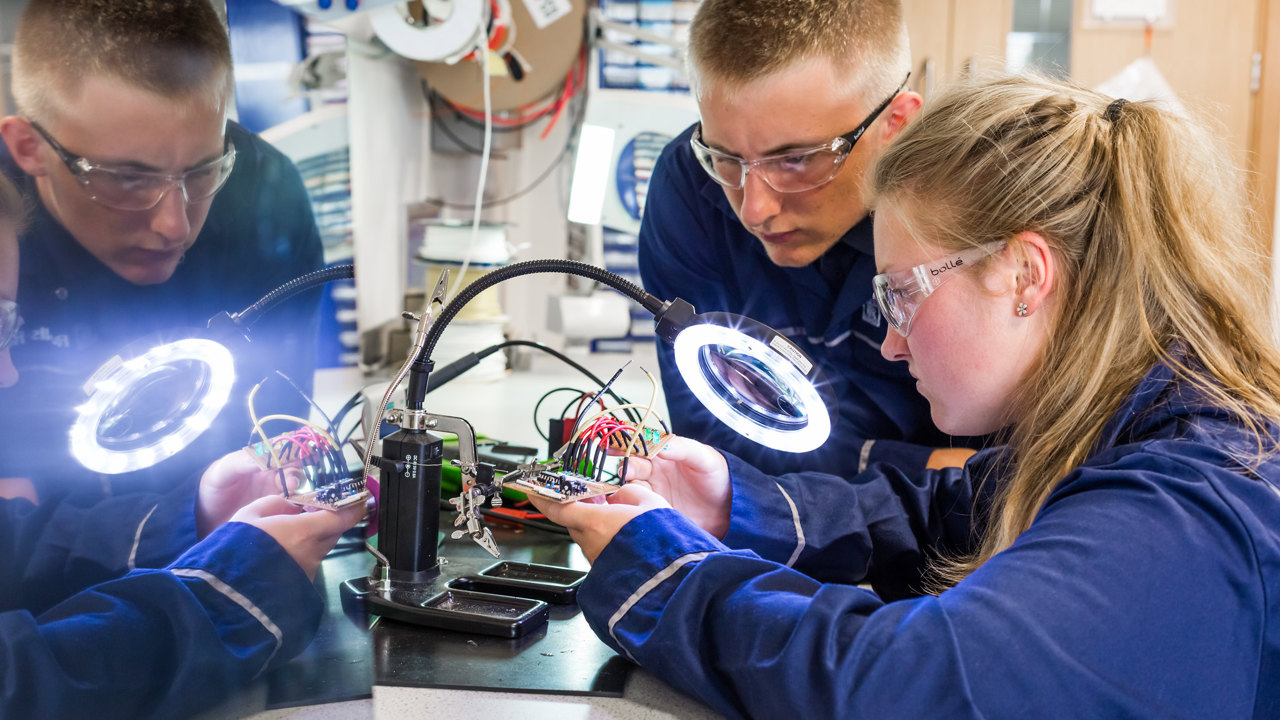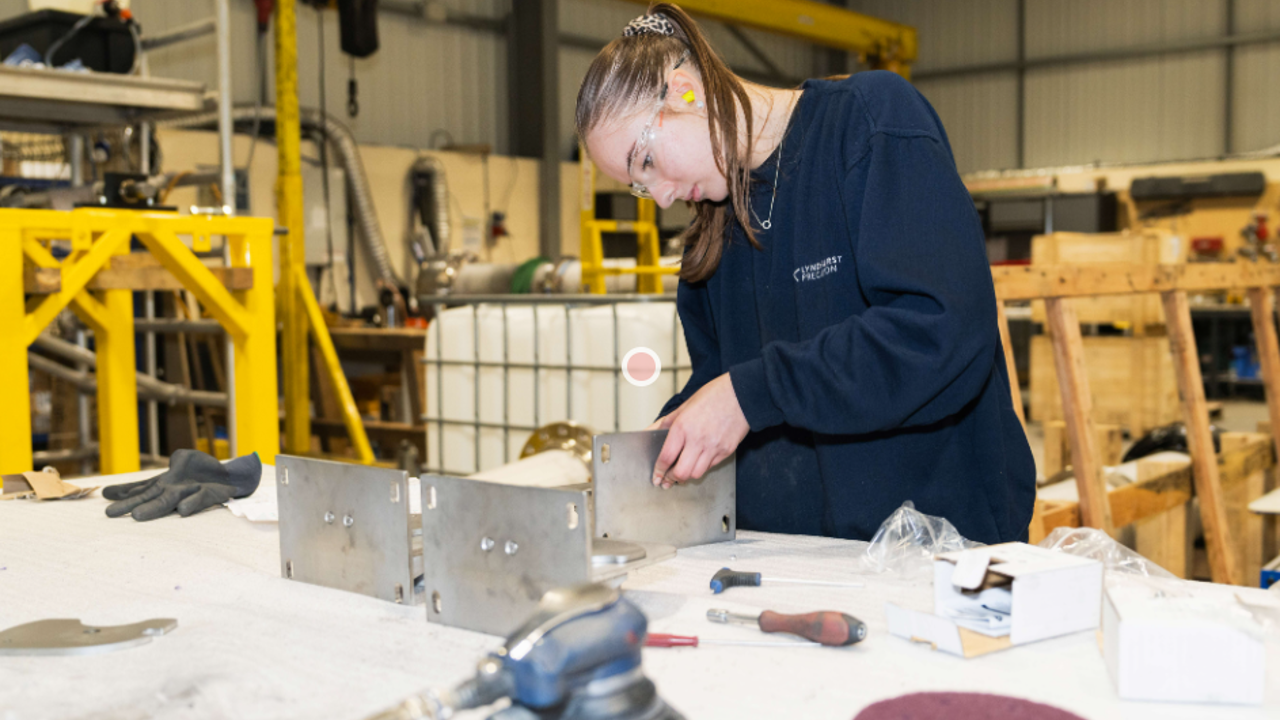
Introduction
Submitted to: HM Treasury
EngineeringUK’s submission to the Treasury, ahead of the Autumn Budget 2025, sets out a range of spending proposals for STEM education and skills. These proposals aim to strengthen the pipeline of talented young people pursuing careers in engineering and technology.
The submission also considers the impact of the proposals on economic growth, and delivering on the ambitions of the government’s Industrial Strategy. It draws on evidence from research and evaluation by EngineeringUK and other organisations.
The recommendations are shaped by EngineeringUK’s first-hand experience delivering STEM programmes, and working in partnership with the engineering and tech community. They're aimed at the Treasury, the Department for Education, the Department for Science, Innovation and Technology, and the Department for Work and Pensions.
Who this is for
- MPs
- Policymakers
- Employers
- Professional Engineering Institutions

Key findings and recommendations
EngineeringUK recommends that at the Autumn Budget, the Chancellor commit to:
- Invest in careers-linked STEM activities in schools to expand pathways into employment in the IS-8 growth sectors, by:
- Creating a robust evidence base for more impactful STEM careers activities, and drive its use
- Supporting schools to identify effective STEM careers activities
- Enabling every Key Stage 3 student to have a STEM careers day and sustaining current £5m p/a for STEM Ambassadors
- Pilot increased apprenticeship support for SMEs, including a new £3,000 grant for SMEs employing entry-level apprentices on standards key to the IS-8 growth sectors
- Fund local brokerage services to support SMEs recruit and retain apprentices, such as Group Training Associations
- Sustain existing Initial Teacher Training (ITT) bursaries for STEM subjects, including key practical subjects such as Design & Technology (cost neutral)
- Commit sufficient funding to implement the changes recommended by the Curriculum and Assessment Review




